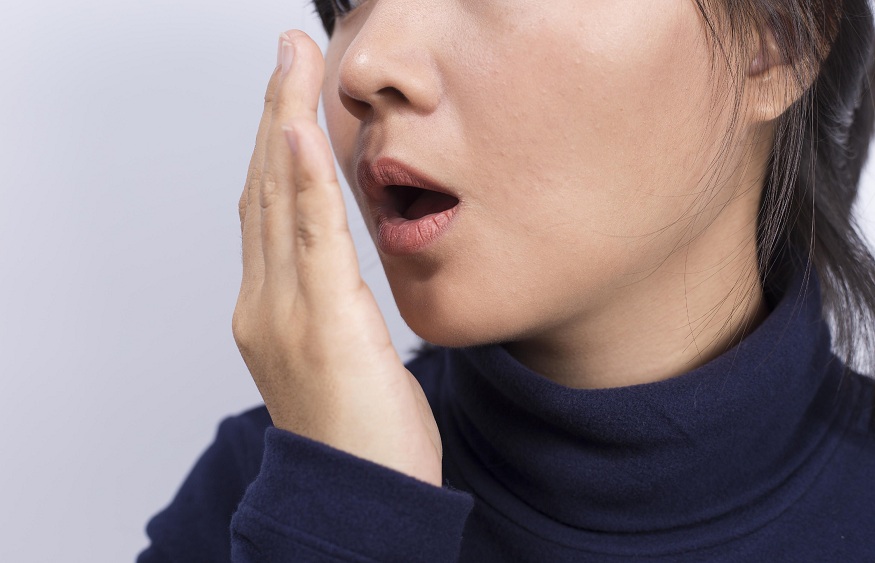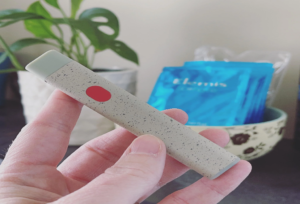Halitosis, commonly known as bad breath, is a condition that affects a significant portion of the population. It can be an embarrassing and uncomfortable problem to deal with, both for the person experiencing it and those around them. While bad breath is often caused by poor oral hygiene, there are several other factors that can contribute to halitosis.
In this blog post, we’ll explore three possible causes of halitosis and discuss how they can be treated and when you should Google “halitosis doctor near me”.
1. Poor Oral Hygiene
When you don’t brush and floss regularly, food particles can remain in your mouth and begin to break down. This process releases a foul odor, which can lead to bad breath. Additionally, bacteria can accumulate on your teeth, tongue, and gums, producing sulfur compounds that also contribute to bad breath.
The solution to this problem is simple: improve your oral hygiene. Brush your teeth at least twice a day, and floss daily to remove food particles and bacteria from between your teeth. Additionally, use a tongue scraper to remove bacteria from the surface of your tongue, which can also contribute to bad breath. If you have braces or other orthodontic appliances, be sure to clean them thoroughly as well, as food particles can become trapped in these devices.
In addition to regular brushing and flossing, consider using a mouthwash to help eliminate bacteria in your mouth. Look for a mouthwash that contains antibacterial ingredients like chlorhexidine or cetylpyridinium chloride. These ingredients can help reduce the number of bacteria in your mouth, reducing the odor they produce.
If the bad breath persists even after taking care of your oral hygiene, search for “halitosis treatment center near me”.
2. Dry Mouth
Another common cause of halitosis is dry mouth, also known as xerostomia. Saliva plays a critical role in maintaining good oral health by washing away food particles and neutralizing acids produced by bacteria. When your mouth is dry, there’s less saliva to perform these functions, leading to bad breath.
There are several reasons why someone may experience dry mouth. Some medications, such as antihistamines, decongestants, and antidepressants, can reduce saliva production. Medical conditions like Sjogren’s syndrome and diabetes can also cause dry mouth. Additionally, dehydration, smoking, and breathing through your mouth can all contribute to dry mouth.
To combat dry mouth, try drinking more water to stay hydrated. Avoid tobacco and alcohol, which can dry out your mouth even further. If your dry mouth is caused by medication, talk to your doctor about switching to a different medication or adjusting your dosage. In severe cases, your dentist or doctor may recommend a prescription medication to increase saliva production.
Despite searching for “halitosis specialist near me”, you should also find a dry mouth specialist for addressing this issue.
3. Gum Disease
Gum disease, also known as periodontal disease, is a bacterial infection that affects the gums and bones that support your teeth. In addition to causing gum inflammation, gum disease can also produce a foul odor. As bacteria accumulate in your mouth, they release toxins that can damage the tissue surrounding your teeth, leading to bad breath.
. Over time, the buildup of tartar can lead to gum disease.
To prevent gum disease, make sure you’re brushing and flossing regularly. Visit your dentist at least twice a year for professional cleanings and checkups. If you notice bleeding, swelling, or redness in your gums, make an appointment with your halitosis treatment dentist as soon as possible, as these can be signs of gum disease. Your dentist may recommend a deep cleaning or other treatments to help eliminate the infection and restore your gum health.
Wrapping Up
In conclusion, halitosis or bad breath can be caused by a variety of factors, including poor oral hygiene, certain foods and drinks, and even underlying medical conditions. Maintaining good oral hygiene habits such as brushing and flossing regularly, avoiding certain foods and drinks that can cause bad breath, and addressing any underlying medical conditions can help prevent and treat halitosis. But it is also important to consult a dentist or doctor if the bad breath persists despite these measures as it could indicate a more serious underlying condition.




